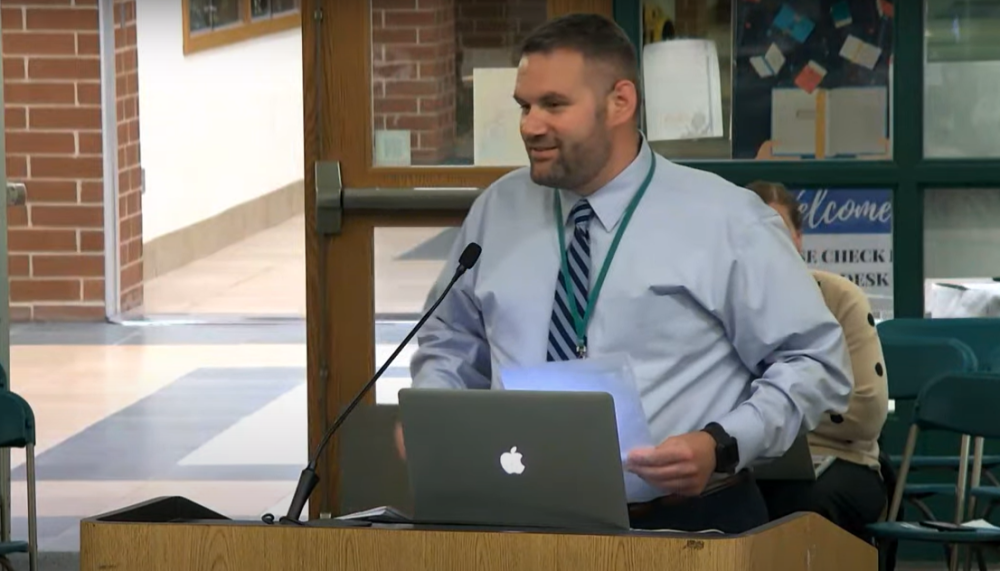School Committee digs into MCAS results, pandemic learning loss
Like students across the country, students in Dartmouth Public Schools continue to recover from the effects of the Covid pandemic on their education, a situation commonly called “learning loss.”
The knowledge gap is on clear display in the 2023 MCAS results, which show that Dartmouth outperformed the state and its own prior year results, but still lags behind pre-pandemic numbers.
“Learning loss is definitely a very real thing, the impact of Covid is a very real thing,” said Ross Thibault, Director of Teaching and Learning Secondary Education.
At its Nov. 6 meeting, the School Committee dug into how schools are trying to address learning loss, as well as some discrepancies in the school’s science testing results.
At nearly all grade levels for Math, ELA and Science, Dartmouth had a significantly lower percentage of students meeting or exceeding expectations than 2019 results.
To help students catch up, Thibault said the schools are “ensuring grade appropriate instruction,” using grant funds to add lessons, implementing a “District Curriculum Accumulation plan” to make sure students receive support and adding a “curriculum review cycle” to look at the quality of learning materials used.
“We know we have work to do, so this is really just a snapshot of how we did as a school district, there’s a lot to be proud of in here,” said Superintendent June Saba-Maguire.
Separate from learning loss, Dartmouth’s prior year science results did not meaningfully improve at any grade level, and at the high school level, saw a 13 percentage point decrease.
School Committee member Shannon Jenkins questioned why Dartmouth’s high school students are struggling with science.
“It is the only area that we fall below the median as compared to Bristol County and to other districts,” Jenkins said. “Given how many students want to go into STEM fields, [we need] to make sure our students are ready and adequately prepared to enter into top level universities in that field.”
Thibault said the science department is looking into the issue, but it’s only the second time the exam has ever been issued to high school students, and Bristol County school districts in general did poorly on science.
Superintendent Saba-Maguire had a different take, arguing that science could be a larger priority in Dartmouth elementary schools.
“We have not made a significant investment in science resources at the elementary level,” Saba-Maguire said. “If the resources aren’t there, we cannot fault our educators for not teaching science with the fidelity we would expect.”
Thibault said a variety of factors are to blame, but he doesn’t believe the problem is budget-related.
Even as Dartmouth looks to boost its results over the next year, Saba-Maguire offered a word of caution when looking at the statistics: “MCAS is only one measure of student achievement,” she said.














